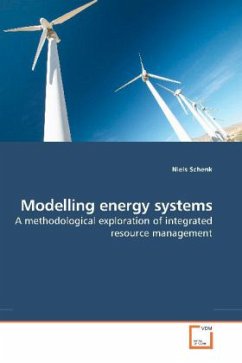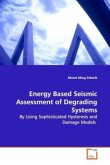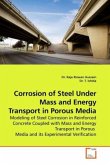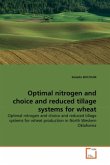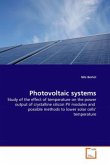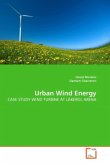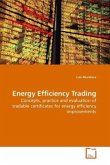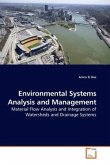Energy is an essential resource that allowed mechanisation of all productive sectors and increased the quality of life. The downside of the current energy system is the ever-increasing dependence on energy, global climate change from CO2 emissions from fuel combustion, and human deaths because of air pollution. Therefore efficient management of energy systems is beneficial for the wellbeing and sustainable development of societies. Efficient management of energy systems requires energy modelling. This book observes energy systems from different angles. It considers interactions between different resource types, it considers different aggregation levels, and it considers different methodologies. The different angles are outlined in case studies: the IPCC emission scenarios, electricity load balancing with hydrogen production, the energy consequences of waste paper recycling, the use of physical indicators for the construction of energy demand scenarios, and the relevance of meso-level dynamics for energy systems. This book provides new insights and a methodological framework and should be useful for scientists and professionals in the field of energy and climate change.

